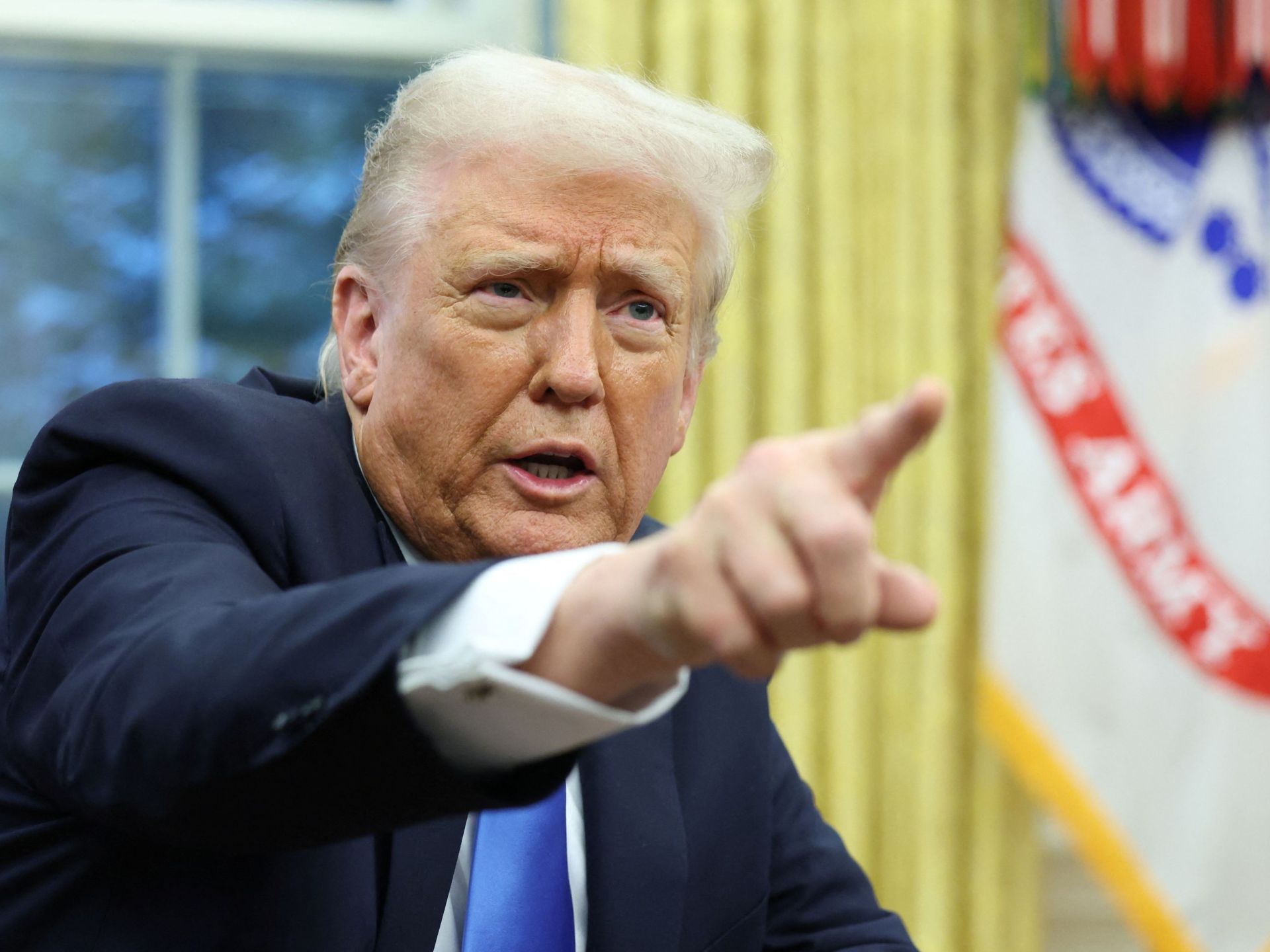Resilience Rising: How Muslim Americans Are Redefining Resistance in the Face of Political Pressure

Resilience and Hope: Lessons from Muslim Americans in Challenging Political Landscapes
The Muslim American community offers a powerful blueprint for survival and resistance in the face of political adversity. Having weathered intense scrutiny, discrimination, and systemic challenges, particularly in the aftermath of 9/11 and during the Trump era, these communities have developed remarkable strategies for maintaining dignity, unity, and hope.
Their experience teaches us that resilience is not just about enduring hardship, but about transforming challenges into opportunities for collective growth and understanding. By building strong community networks, engaging in persistent civic participation, and maintaining unwavering commitment to democratic ideals, Muslim Americans have consistently demonstrated how marginalized groups can effectively resist oppressive political narratives.
Key lessons include cultivating intersectional solidarity, amplifying diverse voices, investing in grassroots organizing, and never losing sight of long-term social justice goals. These strategies transcend any single community's struggle and provide a universal roadmap for maintaining hope and agency during politically turbulent times.
The Muslim American journey reminds us that true resilience emerges not from isolation, but from connection, education, and an unshakeable belief in shared human dignity.

